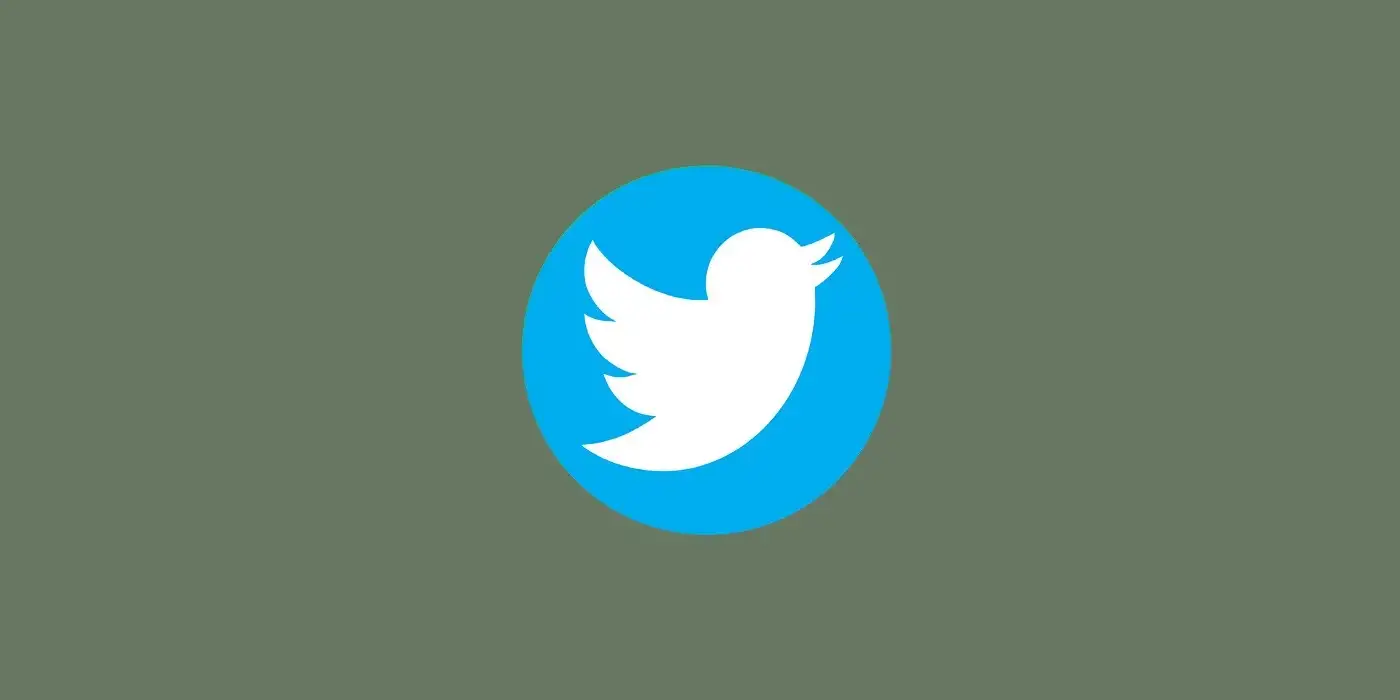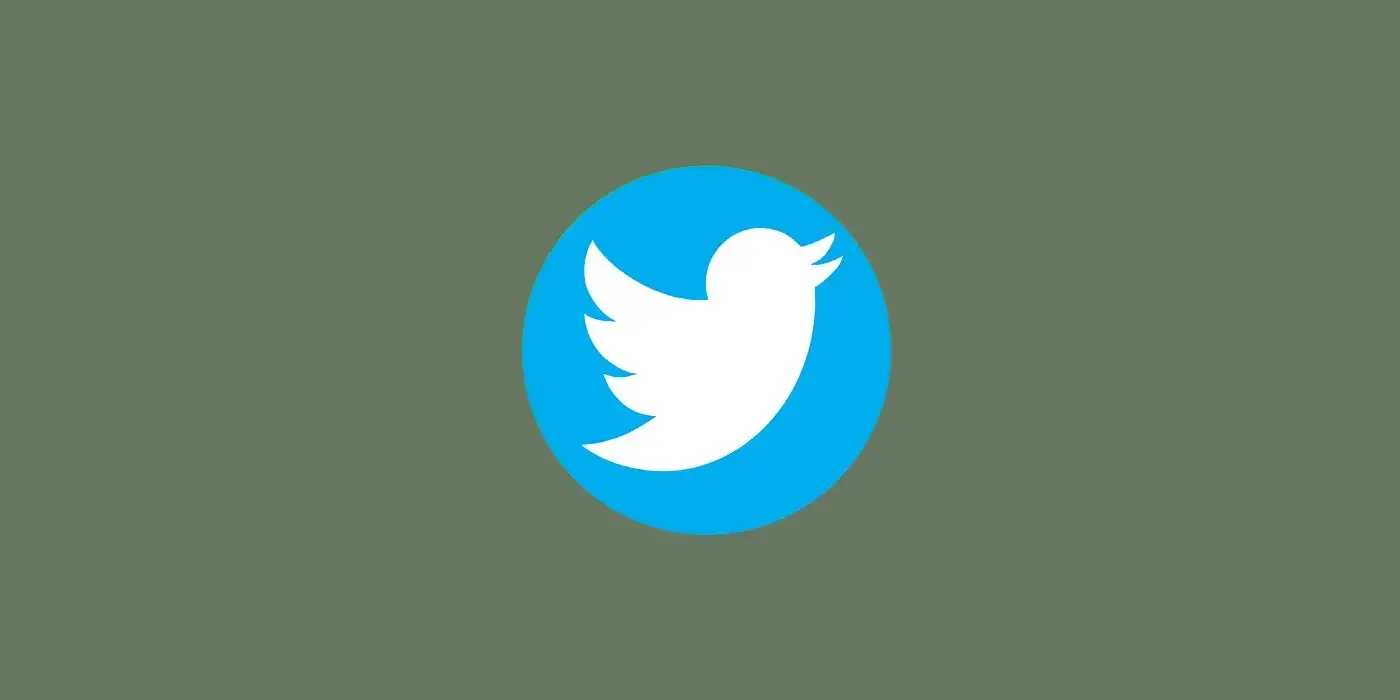
Freelancers often shy away from self-promotion. It can feel awkward, cheap, and untasteful.
When I started freelancing in 2011, I felt the same way. It took close to a decade to change my mind. If you think of freelancing as a business, self-promotion is nothing but marketing for that business.
The trick is to do it in a way that matches your personality. You need to promote what you offer while maintaining integrity - and, if possible, having fun.
Your social media presence
Many freelancers are active on social media for all the wrong reasons.
Bad client? Better complain on Twitter.
Upwork not working for you? Better complain on Twitter.
Fiverr not working for you? Better complain on Instagram.
No  Two Cold Email Examples That Workedcold email response? Better complain on Medium.
Two Cold Email Examples That Workedcold email response? Better complain on Medium.
Bad responses on Twitter, Instagram, or Medium? Better complain on Reddit.
Ignored on Reddit? Better complain on 4chan.
Political event happens? Drop everything and focus on that for two weeks.
First of all, there is nothing less attractive than complaining. Sure, sometimes the world is unjust. Far more often, you made a mistake along the way that opened the door for the bad outcome. But that’s beside the point. Even if something is 100% not your fault, being negative about it accomplishes nothing.
Clients research freelancers as much as the reverse. Before a client hires you, they will likely Google you. What do you want them to find? Your Twitter thread about how every client sucks? Or maybe your sarcastic comments about current world events?
Maybe - hear me out - they’d prefer to find a curated feed of valuable insights, showcasing your technical knowledge as well as your  The Four Kinds of Freelance Clients and How To Manage Each Oneclient management skills.
The Four Kinds of Freelance Clients and How To Manage Each Oneclient management skills.
A freelancer is a business of one. Treat your social media presence as a business venue, not as a medium to help you vent. If you must vent, do it anonymously somewhere. I hear YouTube comments are a great place for that.
Since I  How To Effectively Use Twitter as a Freelancergot serious about Twitter and blogging, I’ve had more contract offers than ever and developed several new income streams.
How To Effectively Use Twitter as a Freelancergot serious about Twitter and blogging, I’ve had more contract offers than ever and developed several new income streams.
Play to your strengths
As the old Greeks used to say: know thyself. To decide on the right self-promotion approach, understand your strengths and weaknesses.
It boils down to two questions:
- Who is your ideal client?
- Would you rather deal with competition or with direct sales?
If you don’t mind competition but you want to simplify your sales process, you probably belong on one of the freelance platforms. If, on the other hand, you don’t mind a bit of friction in your sales process but you want to escape competition, you should probably be doing cold outreach.
What does all this have to do with your public presence? A lot, actually. You should optimize your self-promotion to match your work-seeking preferences.
If you want to focus on cold approach, you should interact with people in your niche as much as you can. When the time comes to cold-approach someone, it is likely that you will have spoken to someone who can make the intro for you - or, sometimes, the prospects themselves.
If you want to focus on a platform (say, Upwork) you should focus on optimizing the landing page that is your  Is Upwork Premium Worth It?Upwork profile, and create content leading visitors to that landing page.
Is Upwork Premium Worth It?Upwork profile, and create content leading visitors to that landing page.
Whatever you do, never forget who you want as your clients. Put yourself in their shoes. What will make them entrust you with their projects?
Generosity pays off in the long run
Self-promotion isn’t so much “give and take” as “give, give, give, give, give, give, and take”.
You get offers by building trust and authority. You build trust and authority by providing value. Depending on your goals and your industry, this can take different forms:
- Write a technical blog showcasing your skills. The goal: clients looking for specific technical knowledge will find you and approach you for work. Bonus goal: other freelancers and workers looking for technical answers will also find you, increasing your authority and expanding your referral network.
- Publish a free guide. This is what I did with Winning Upwork Proposals. The goal: give away knowledge for free, establish authority, and capture email addresses of people in your industry. Bonus goal: free readers convert to paying readers when you publish a book or other premium resources. In my case, this is The Unstoppable Freelancer.
- Teach on YouTube or a similar platform. The goal: same as writing a technical blog, but aimed more at other freelancers than at clients. Bonus goal: if you grow big enough, you can monetize your free content through ads and sponsorships.
Patience!
Marketing takes time.
Don’t count on going viral. In fact, never count on long-tail events.  A Guide to Creating and Capitalizing on Viral TweetsBe prepared for them by all means, but otherwise focus on the fundamentals:
A Guide to Creating and Capitalizing on Viral TweetsBe prepared for them by all means, but otherwise focus on the fundamentals:
- Create useful content for your target audience.
- Avoid short-term “hacks” of all kinds. They’re far more likely to backfire than to bear fruit. At the very least, they’re almost certainly a waste of time.
- Define your goals and build a consistent personal brand around those goals.
- Keep planting seeds. Most blog pieces never reach the first page of Google. Most tweets fall flat. Most YouTube videos have less than 1,000 views. Keep going until you see what works and double down on that.
- Put some effort into SEO. You can
 SEO Lessons for Freelancers: How To Help Clients Find Youuse SEO to help freelance clients find you. This can make a huge difference, as it frees up the time you would have spent searching for work.
SEO Lessons for Freelancers: How To Help Clients Find Youuse SEO to help freelance clients find you. This can make a huge difference, as it frees up the time you would have spent searching for work.
In short, do your best to combine quality and quantity. With a long-enough time frame, you will make it.
Don't miss the next blog post!
I publish a new blog post every Wednesday. Join the newsletter to get:
- One valuable email a week.
- Zero spam.
- Exclusive content not found in the blog.
- Reply directly to me with questions or feedback.
Use the form at the bottom of this pageon the right to join the newsletter.


